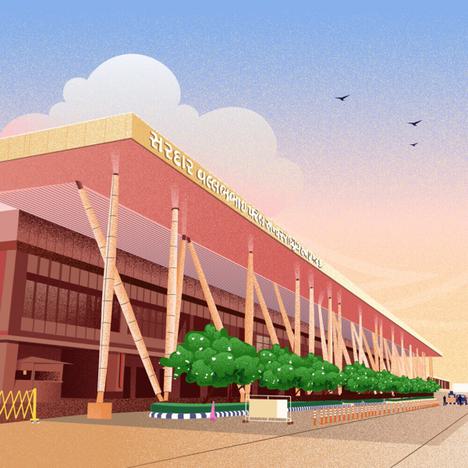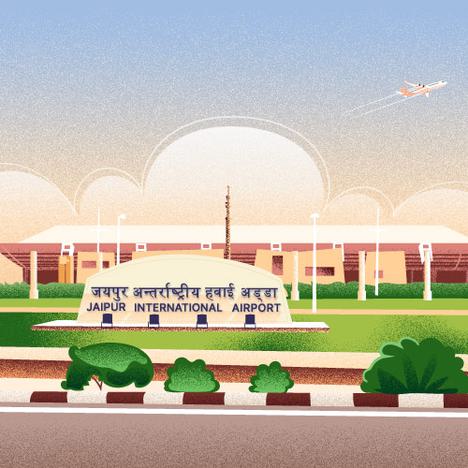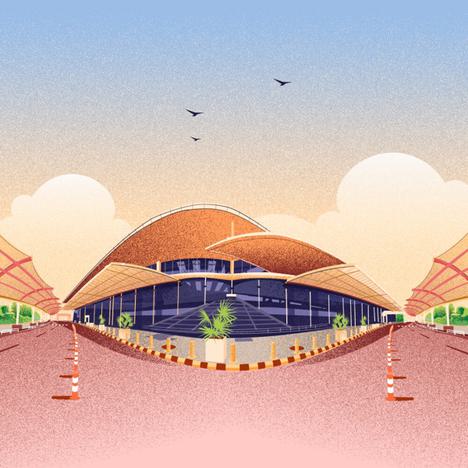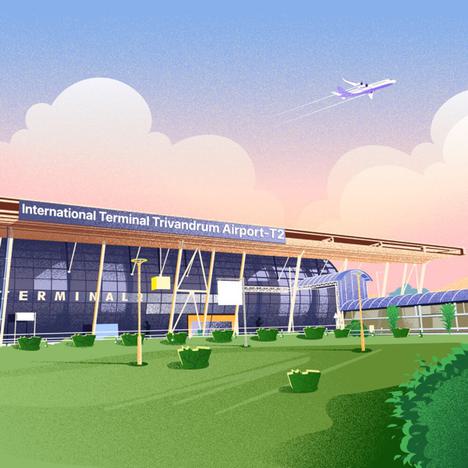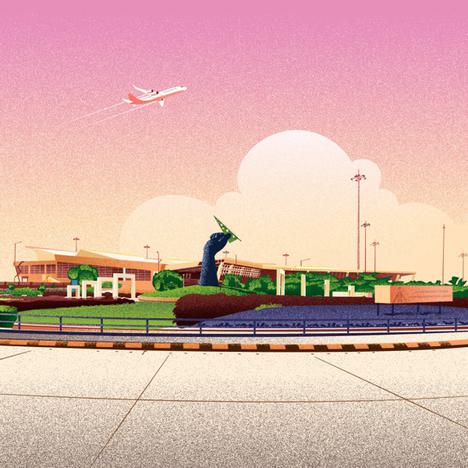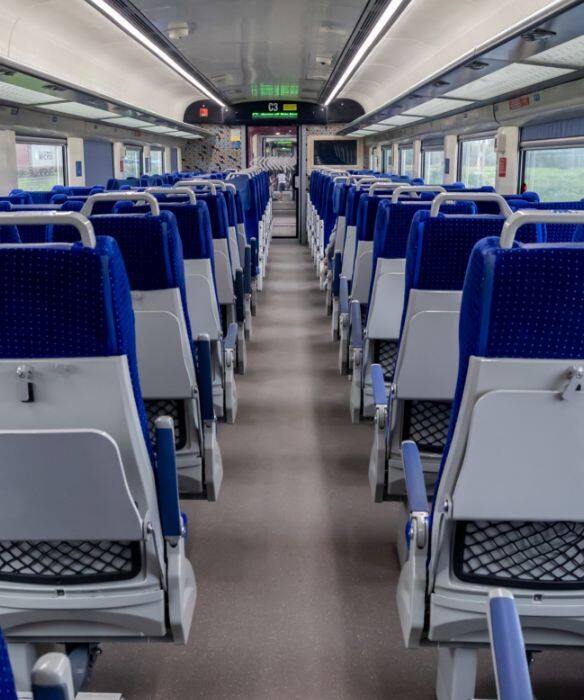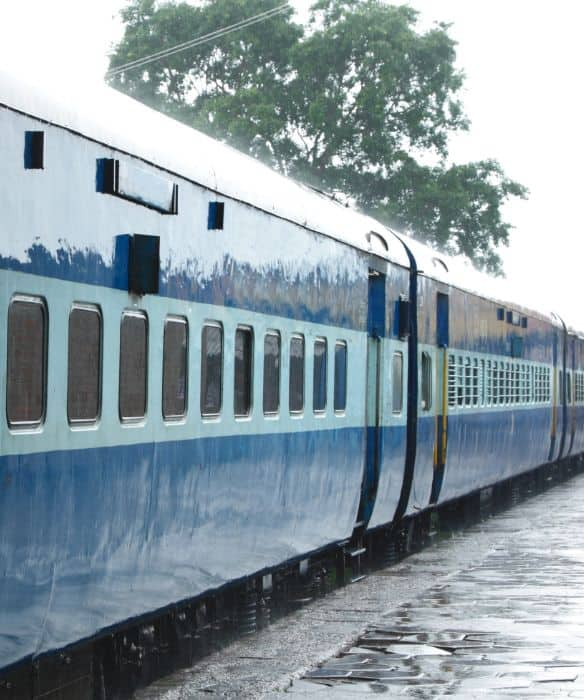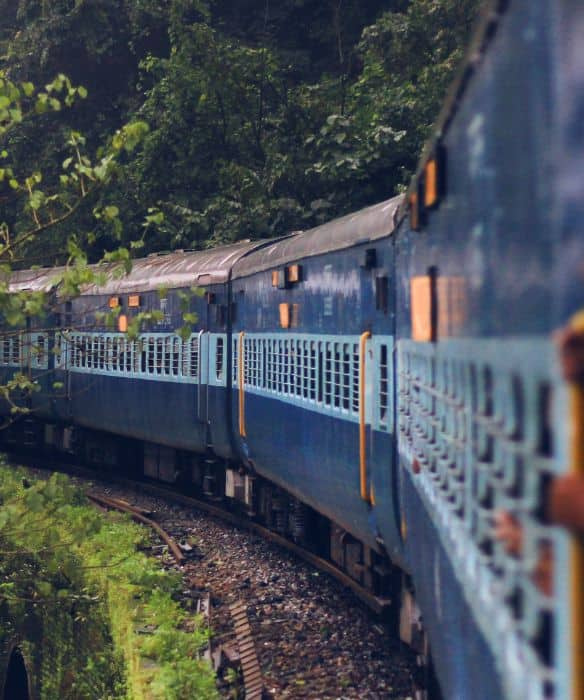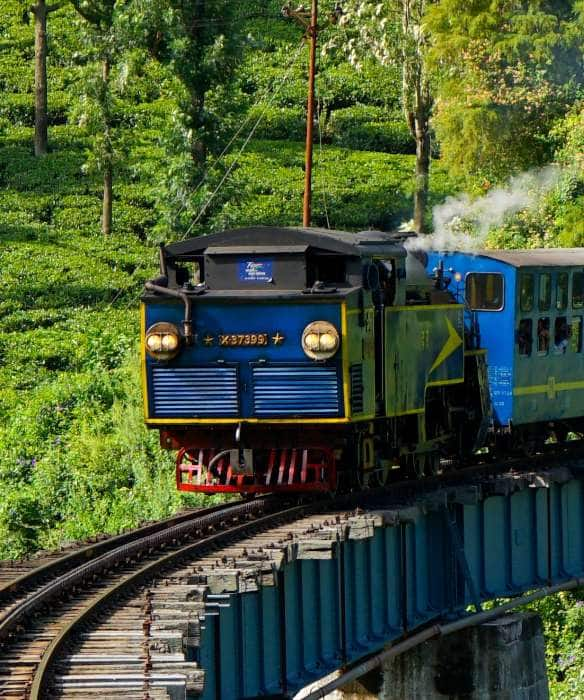There is something magical about train travel. Don’t you agree? The rhythmic chug, the continuous chatter, the subtle aroma of home-packed tiffins, and the endless landscapes evoke memories of childhood trips, family vacations, and the excitement of exploring new destinations. Trains are brimming with nostalgia; it is not just a mode of transport.
Indian railways are the fourth largest rail network in the world carrying millions of passengers safely from every corner of the country. With the responsibility of functioning this massive network, there are some rules and regulations, which we as travellers must follow. These rules have stood the test of time ensuring your safety at every step and making your trip hassle-free.
Let’s take a detailed look at the rules that govern rail travel in India.
